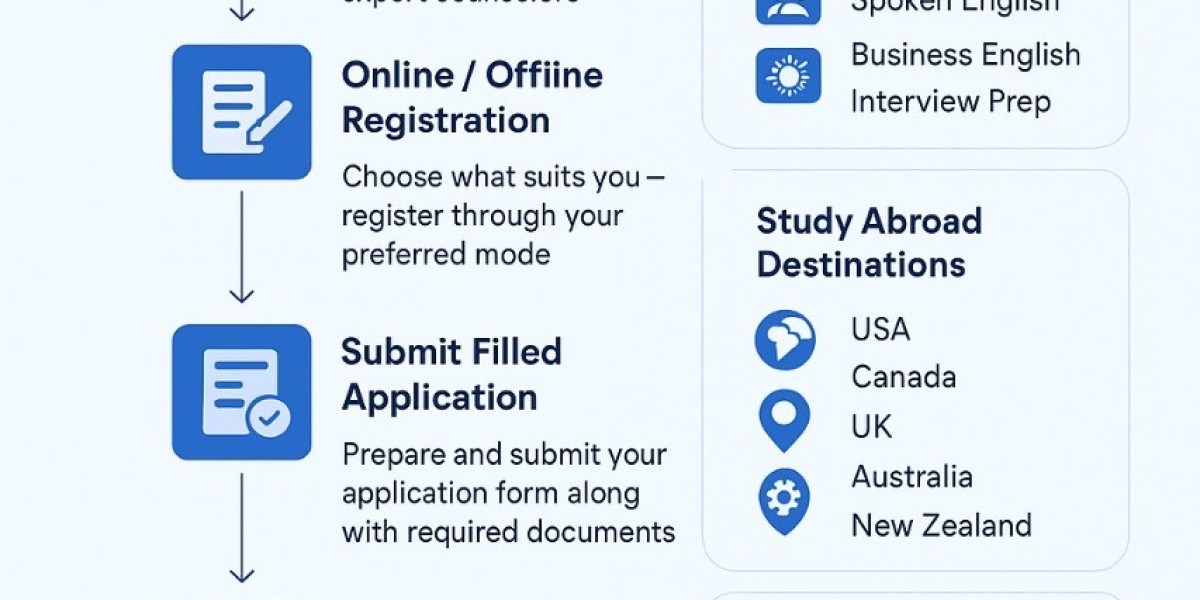The Indian workforce is increasingly conscious of the need for comprehensive social security benefits, especially in a landscape where health-related risks can disrupt both professional and personal stability. Among the country’s various statutory welfare measures, the Employee State Insurance (ESI) scheme stands out as a robust framework that offers medical, financial, and social security benefits to employees. Designed under the Employee State Insurance Act, 1948, the scheme not only safeguards workers but also reflects an organisation’s commitment to employee welfare and a supportive company culture.
Understanding the ESI Scheme
The ESI scheme is a self-financing social security programme managed by the Employee State Insurance Corporation (ESIC), under the Ministry of Labour and Employment, Government of India. It provides a blend of health insurance and income protection to employees in case of sickness, maternity, disability, or death due to employment injury.
This statutory benefit is applicable to establishments with ten or more employees (in some states, the threshold is twenty) earning wages up to a specific limit notified by the government. Both the employer and employee contribute to the scheme, making it a shared responsibility that fosters trust and mutual accountability.
Key Features of Employee State Insurance
The Employee State Insurance scheme offers a wide range of features designed to ensure holistic support for employees and their families.
Comprehensive Medical Benefits
Under the scheme, insured employees and their dependents receive full medical care from day one of employment, regardless of the contribution period. This includes outpatient, inpatient, and specialist care, along with diagnostic services, surgeries, and supply of medicines through a network of ESI hospitals and dispensaries.
Income Security during Sickness
One of the most important aspects of the ESI scheme is the sickness benefit, which offers cash compensation at a fixed percentage of wages for up to 91 days in a year, provided the employee has contributed for a specified period. This ensures that illness does not lead to immediate financial strain.
Maternity Protection
Female employees are entitled to maternity benefits for confinement, miscarriage, or adoption, ensuring they receive paid leave and medical support during this crucial period. This provision not only safeguards health but also supports a healthy work-life balance.
Support in Case of Disability and Death
The scheme provides for both temporary and permanent disability benefits, ensuring continued financial support when an employee suffers from a loss of earning capacity. In the unfortunate event of death due to an employment-related injury, the dependents receive a pension, ensuring family stability.
Unemployment Allowance
In certain circumstances such as involuntary loss of employment due to factory closure, retrenchment, or permanent invalidity, eligible insured persons can claim an unemployment allowance for a specific period.
Coverage under the ESI Scheme
The scope of coverage under the ESI scheme is extensive and caters to a diverse workforce.
Who is Covered
The scheme primarily covers employees working in factories and establishments that meet the threshold employee count, earning up to the prescribed wage limit. The definition of employee includes those engaged directly by the employer, as well as contract and casual workers.
Family Members
Coverage extends to an employee’s immediate family, including spouse, dependent parents, and children, thereby offering a layer of group insurance-like protection for the household.
Geographical Reach
The ESI Corporation has an expanding network across states and union territories, ensuring employees in both urban and semi-urban areas have access to quality medical services.
Employer Obligations under Employee State Insurance
For employers, compliance with the ESI Act is not merely a legal formality but a demonstration of responsible business conduct.
Registration and Contributions
Employers must register their establishment under the ESI Act within 15 days of becoming eligible. Contributions are made monthly, with employers paying a larger share compared to employees. Timely payment is crucial to ensure uninterrupted benefits for workers.
Accurate Record-Keeping
Employers are required to maintain accurate records of wages, attendance, and contributions. These records must be readily available for inspection by ESIC authorities.
Employee Awareness
A progressive company culture encourages transparency. Employers should inform employees about their rights under the scheme, the benefits available, and the process to access them. Awareness enables employees to utilise benefits effectively when needed.
Compliance with Inspections
The ESIC conducts inspections to verify compliance. Employers are obligated to cooperate with such procedures, providing necessary documents and clarifications as requested.
The Role of ESI in Strengthening Company Culture
The presence of a well-implemented ESI scheme can significantly enhance an organisation’s company culture. It demonstrates that the employer values the health and security of its workforce beyond just statutory obligations. Employees who feel protected are more likely to be engaged, loyal, and productive.
Furthermore, organisations that prioritise welfare measures such as ESI often experience lower attrition rates, improved morale, and stronger employer branding.
Niva Bupa and Employee Well-being
While ESI provides statutory coverage, many forward-thinking employers choose to complement it with additional health protection such as group insurance plans. Companies like Niva Bupa offer a variety of solutions that can work alongside ESI benefits, ensuring employees have comprehensive coverage that addresses a wider range of medical needs. This integrated approach helps bridge gaps and offers peace of mind to both employers and employees.
Conclusion
The Employee State Insurance scheme is more than just a compliance requirement; it is a cornerstone of employee welfare in India’s organised sector. By offering comprehensive healthcare, income protection, and family coverage, it supports the economic and emotional well-being of the workforce. For employers, adherence to ESI obligations reflects a commitment to legal compliance, ethical responsibility, and a people-centric company culture.
When supported by additional measures such as group insurance from trusted providers like Niva Bupa, organisations can create a truly protective safety net, fostering a healthier, more resilient workforce that is well-prepared for life’s uncertainties.







